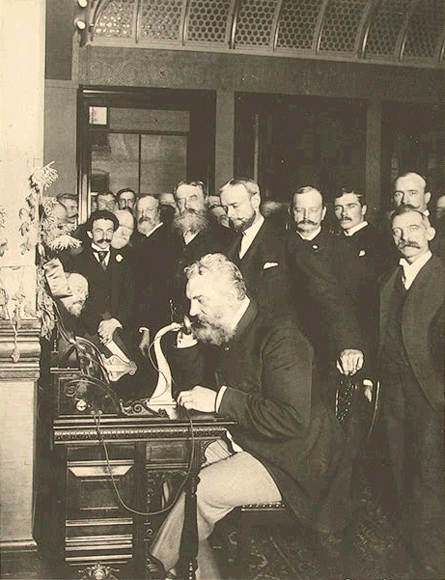The Story
A nation newly freed from captivity in Egypt, just beginning to get her feet under her, struggling for basic needs like water (Exodus 15) and food (Exodus 16), Israel meets her first military threat (Exodus 17:8-16). The Amalekites, a nomadic people distantly related to the Hebrews, had come against them. They must have felt that such a large group of Israelites was a threat to their territory, they were right.
Moses assigned Joshua to lead a choice group of warriors into battle against them while Moses, Aaron and Hur went to the top of a hill overlooking the battle and Moses raised his staff, “the rod of God”, above his head.
As the battle raged below them, as long as Moses’ staff was raised the tide of battle would be in Joshua’s favor, but as Moses’ hands grew tired and began to droop, the Amalekites gained the advantage. Aaron and Hur must have seen this pattern so they set Moses on a stone and standing on either side of him helped him hold up his hands.
Joshua and the army won the battle.
In the aftermath of this battle God promised the ultimate defeat of the Amalekites to Joshua.
“And the Lord said unto Moses, Write this for a memorial in a book, and rehearse it in the ears of Joshua: for I will utterly put out the remembrance of Amalek from under heaven.” Exodus 17:14
Then in verse 15 Moses makes an altar commemorating the battle and the victory that God gave them in it. He named the Altar Jehovah-Nissi, meaning The Lord Our Banner.
Moses knew there would be battles yet to come. And while they were victorious that day, war is never pretty and never easy.
Our Banner
Nissi means banner, flag, or standard (Like a rallying point)
In a battle, this rallying point is vital. Any warrior who may be disconnected from his unit knows where to go. This is where he can find safety and where he can get further instructions for the battle. The banner waving in the breeze reminds and reassures the warrior that the victory can still be won and reinforcements will still be sent.
This is true for believers today as we labor for the cause Christ. Caught up in the details of where we are in the fight it can seem like we’re losing… I imagine this is how David felt when he penned the words of Psalm 61
“1 Hear my cry, O God; Attend unto my prayer. 2 From the end of the earth will I cry unto thee, when my heart is overwhelmed: Lead me to the rock that is higher than I. 3 For thou hast been a shelter for me, And a strong tower from the enemy. 4 I will abide in thy tabernacle for ever: I will trust in the covert of thy wings. Selah.” Psalm 61:1–4 (Take a few minutes as soon as you can to read the rest of this precious Psalm)
God is our banner, our rallying point whether we think the battle is going well or not. When we see victory we can rally to Him, when we feel defeated we can rally to Him. When we aren’t sure where we stand or wonder if our orders have changed we can look to The Lord Our Banner.
Our Rally Point in Prayer
This is how we should see our prayer. No matter what we feel or where we are we can make it to our Rallying Point through prayer.
You are not alone
Moses and his staff provide a object lesson on prayer. Notice his strength failed, his arms got tired and his staff came down. But there were people with him who literally came alongside him. Aaron and Hur were there to help him. This is why we meet for prayer.
One of the key, indispensable functions of a biblical church is prayer. Paul, in 1 Timothy 2:1-4 said it is “first” or the most important thing we do. Our prayer meetings are a time for us to rally together to Jehovah our Banner and raise our requests and cares to Him, and to do it with the help of our fellow believers. And to be the help our fellow believers will surely need in prayer.
Studying and Application:
- How can you better make prayer a “first” thing in your life or in your church? What is one practical step you can make toward this goal today?
- Are there some requests that have you “weary” in your prayer life? Share this with your church or Sunday school class to get others praying with you. If you can’t share it that publicly share this request with your pastor or trusted christian friend.
- Review your prayer list. What are the victories God has given you in prayer this week? Take a minute to add any new requests to your list now

